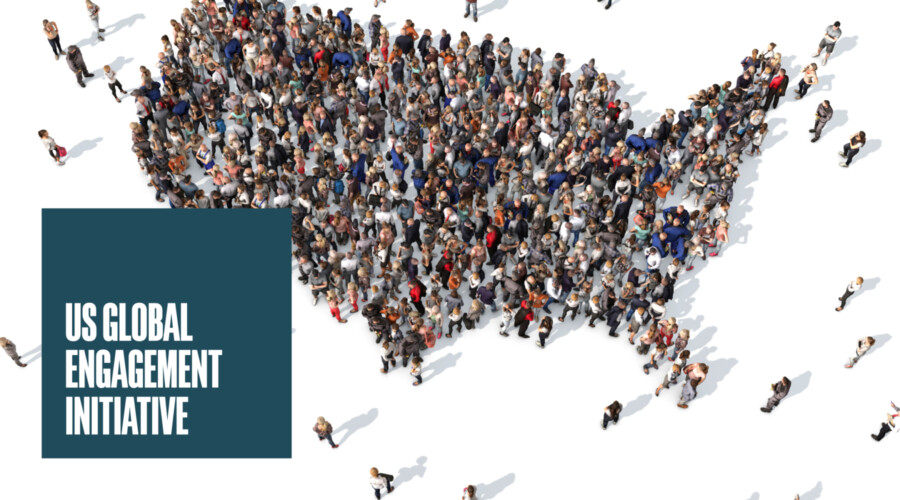This short video on ethics asks: Are nuclear weapons a necessary evil? Is it better to live in a world with nuclear deterrence or one that is free of nuclear threats? What do you think?
The new
START agreement between the U.S. and Russia reduces nuclear weapons to 1550
on each side, which still remains enough to destroy the world many times over.
The Nuclear Security Summit is an attempt to implement controls on radioactive
material from industrial, medical, or energy waste. This fissile material is
much more accessible than the weapons of the nine-plus
nuclear states.
Terrorist acquisition of one tactical nuclear weapon, small enough to fit in
a suitcase, is frightening. Terrorist possession of fissile material, wrapped
around conventional explosives to make a dirty bomb, is terrifying.
The curse of nuclear weapons and fissile material is the vast destruction and
death they threaten.
The ironic blessing, at least of weapons, is deterrence—armed peace. Deterrence
in the Cold War meant living on the brink of Armageddon, but also avoided warfare
with the Soviet Union. Similarly, India
and Pakistan
acquired nuclear weapons and have had fewer border clashes, while Israel's
assumed nuclear weapons are an existential guarantee. Some countries, like North
Korea and Iran,
seek them.
Intellectually, the genie is out of the bottle. The processes for building a
weapon are known and replicable. The fissile waste is with us for centuries.
At best, we can control the number of weapons, the spread of the process, and
access to the material.
What is our nuclear future: resignedly living within a world of deterrence, endlessly attempting to restrict weapons and materials, or idealistically creating a world free of nuclear threats? What do you think?

